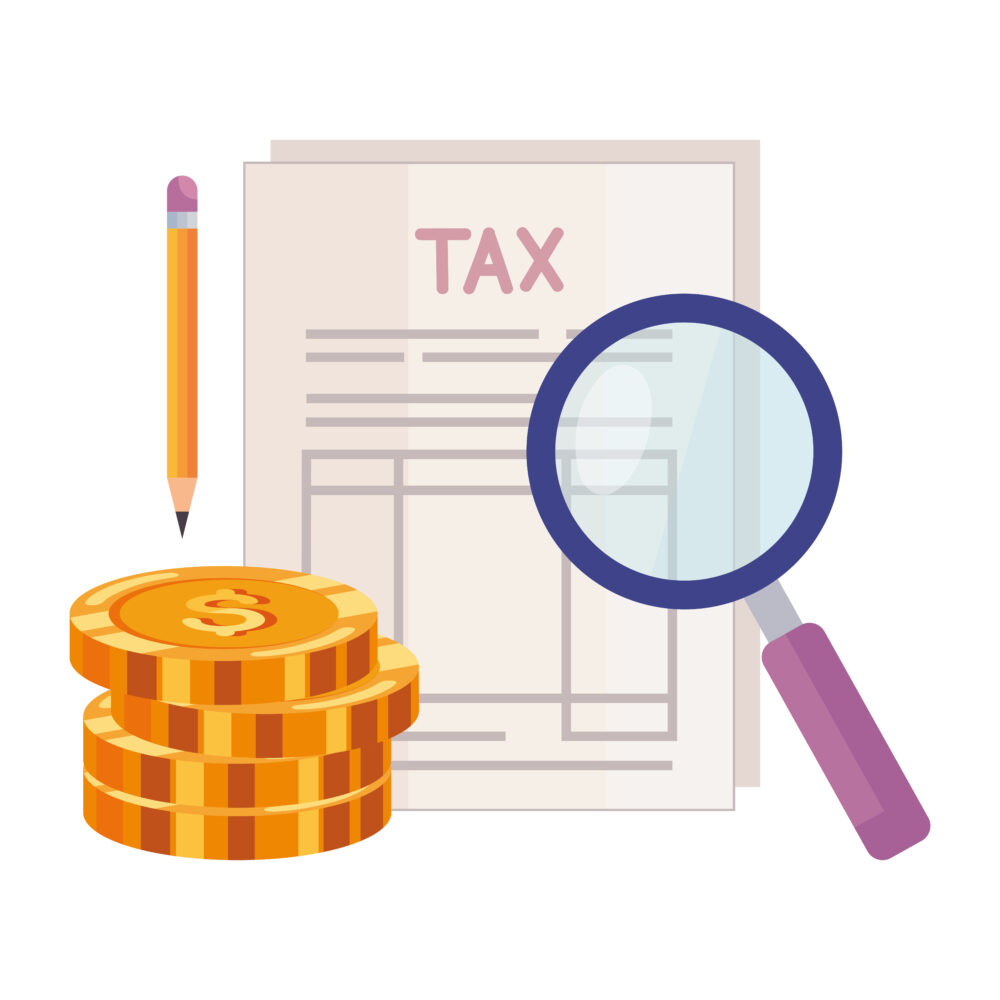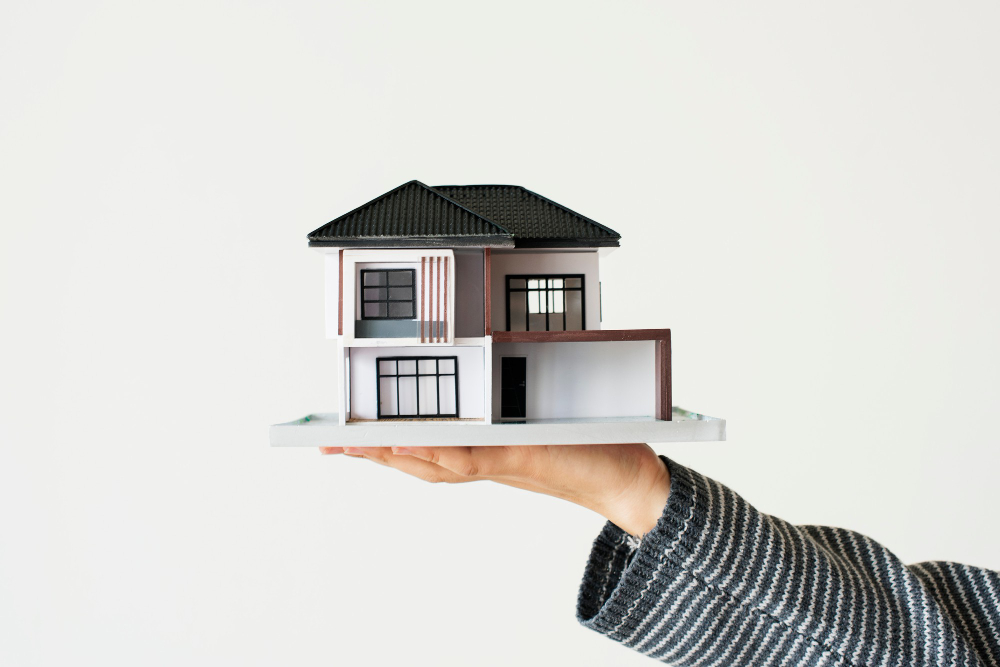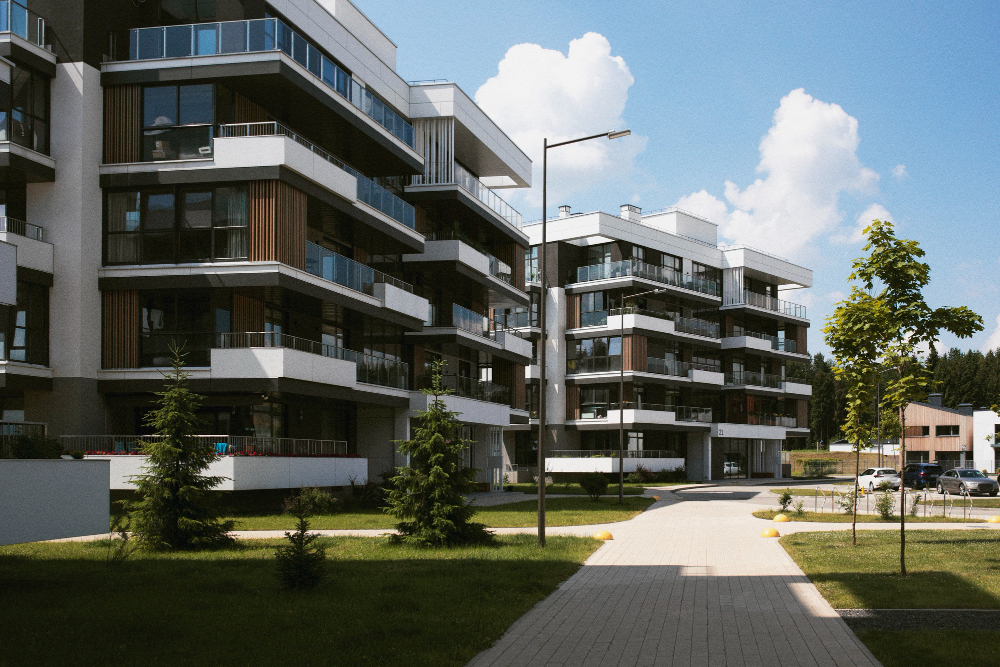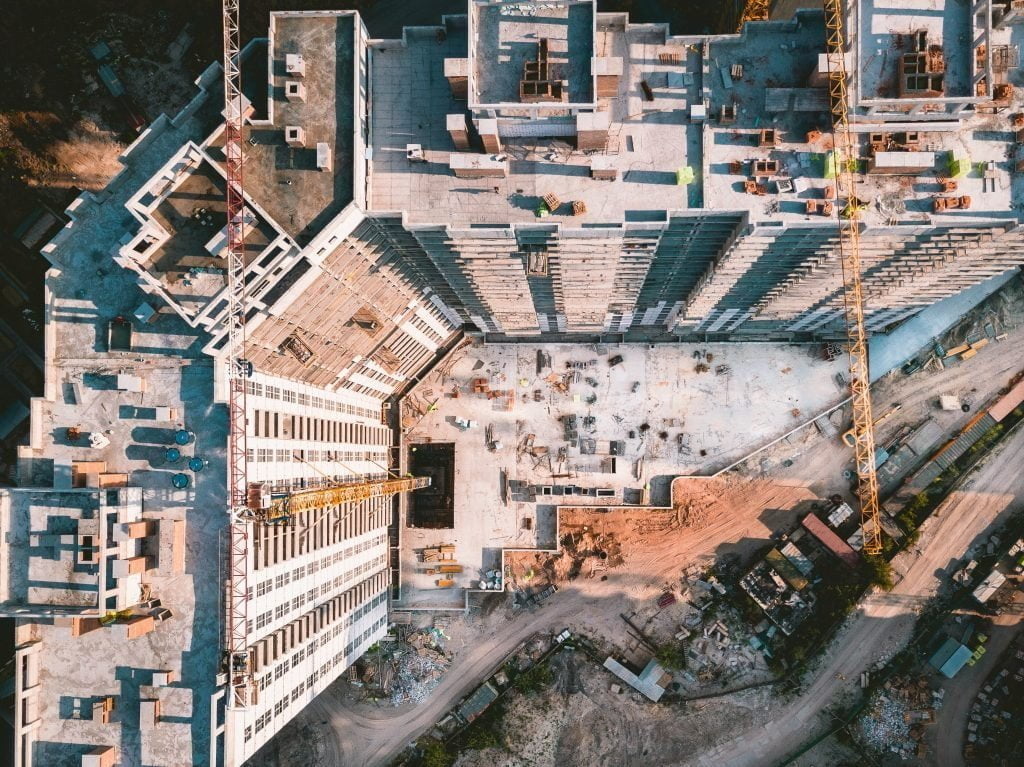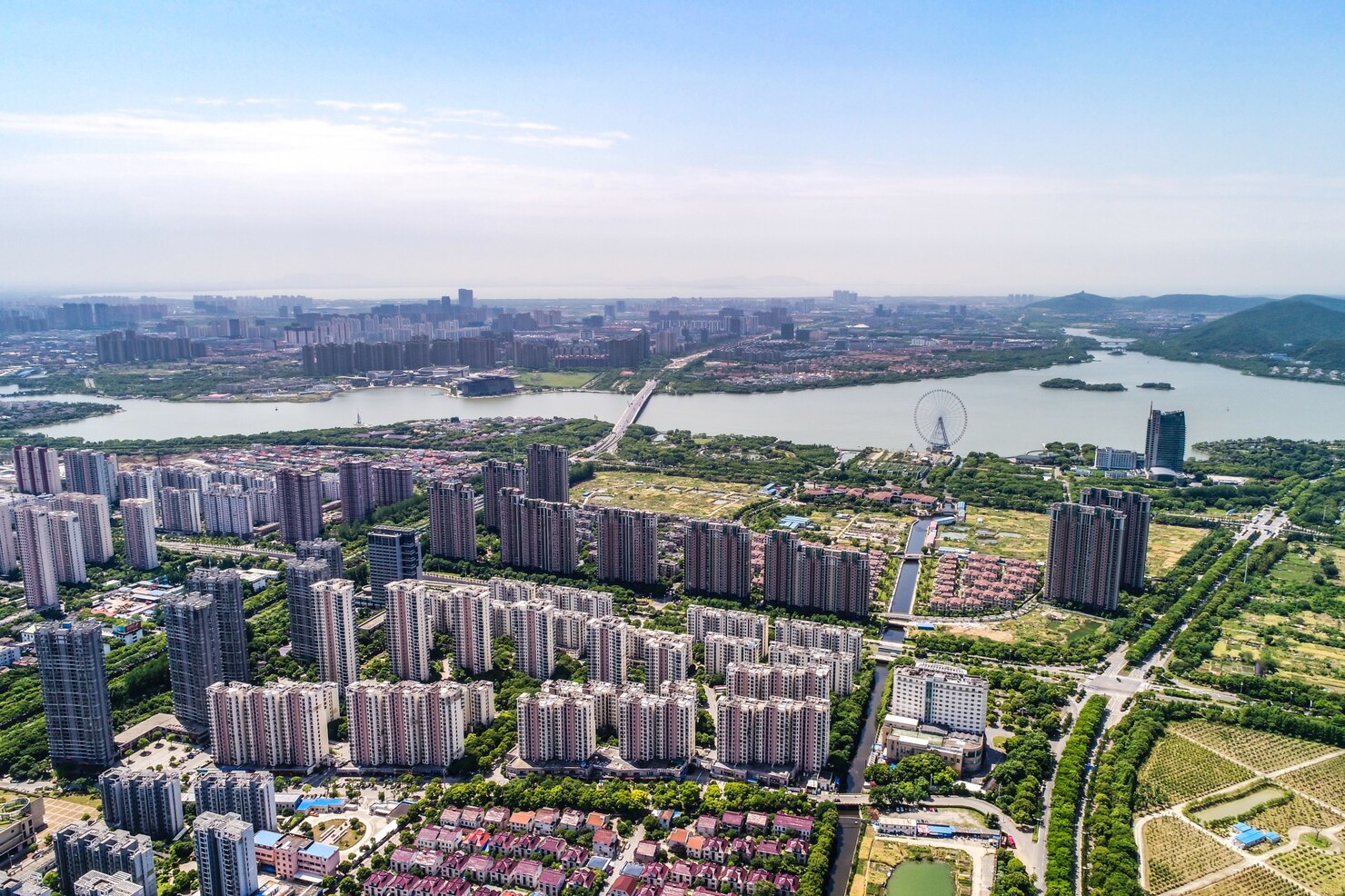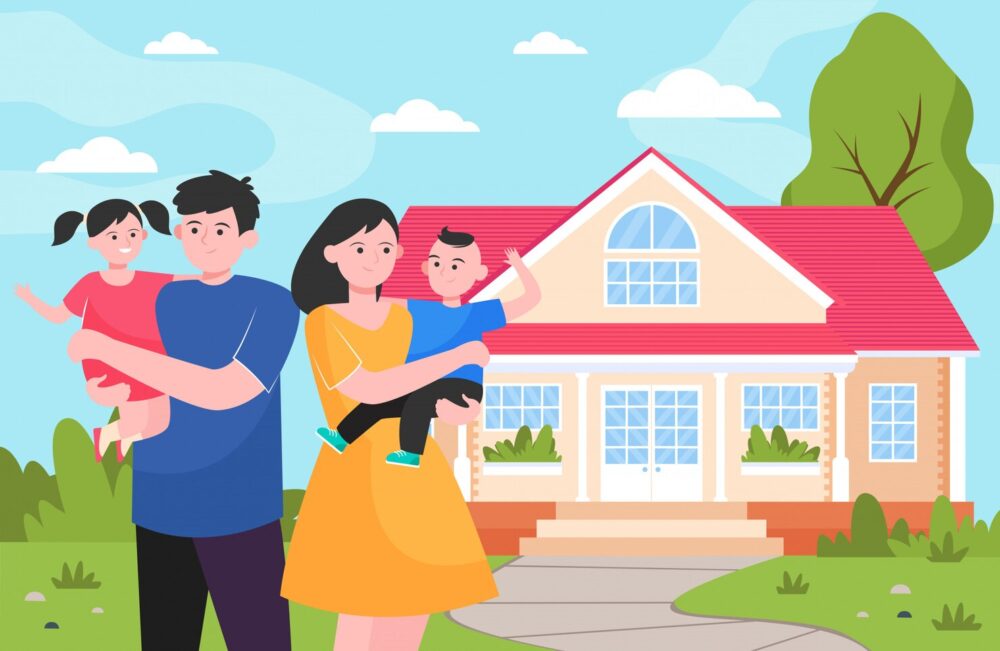1. Who has the right to rent housing?
According to Article 10.1 of the current Law on Housing, house owners who are domestic organizations and individuals, Vietnamese residing abroad have rights such as:
- Using houses for residential purposes and other purposes not prohibited by law.
- Leasing, lending, providing temporary accommodation, authorization for housing management and for other rights as prescribed by law, etc.
In particular, house management authorization means that the house owner authorizes other organizations and individuals to exercise the rights and obligations of the house owner in the management of the house during the period of authorization. Housing management authorization is applicable only to ready-built houses. (Article 186.1 of the Law on Housing 2023)
According to Article 162.1 of the Law on Housing 2023, the authorization of housing management must be documented in writing with the contents specified in Article 163 of the Law on Housing 2023 such as information of the parties, characteristics of the transaction house, authorization period, rights and obligations of the parties. Housing management contracts do not necessitate notarization or certification, unless the parties deem it necessary (Article 164.2 of the Law on Housing 2023).
See more: Notes on paying taxes when individuals have income arising from real estate leasing activities
2. Who is obliged to pay income tax from leasing a house?
Income from services of leasing houses, land use rights, water surface and other assets is classified as income from business and is among the incomes subject to PIT as prescribed in Article 2.1 of Circular 111/2013/TT-BTC.
Clause 1, Article 2 of the PIT Law stipulates: “Taxpayers of personal income tax are resident individuals whose taxable income specified in Article 3 of this Law arises within and outside the territory of Vietnam and non-resident individuals whose taxable income specified in Article 3 of this Law arises in the territory of Vietnam“.
According to the provisions of Article 1.3.(b.2) of Circular 111/2013/TT-BTC, in case of authorization of real estate management and the authorized individual has the right to transfer real estate or has the same rights as for the individual owning the real estate as prescribed by law, the taxpayer is the authorizing individual.
Accordingly, the owner of a house for lease that generates income is the person who is obliged to pay personal income tax.
3. Taxes payable from housing leasing activities
The leasing of assets does not fall under the cases not being subject to VAT in Article 5 of the VAT Law 2008, amended and supplemented in 2014 (“VAT Law“), so the income from leasing house/land use rights activities is subject to both VAT and PIT.
According to Article 9 of Circular 40/2021/TT-BTC: Individuals leasing assets are individuals who generate revenue from asset leasing including: the leasing of houses, premises, shops, factories, warehouses excluding accommodation services; the leasing of means of transport, machinery and equipment without operators; the leasing of other assets not accompanied by services. Individuals who carry out property leasing activities must declare tax based on each payment generated or on an annual basis.
The payable tax amount is determined as follows:
Payable VAT amount = VAT taxable turnover x VAT rate
Payable PIT amount = PIT taxable revenue x PIT rate
In which:
- Taxable revenue: is the tax-inclusive revenue (in case subject to tax) of all earnings derived from providing services (leasing assets) arising within the tax period (Article 10.1 of Circular 40/2021/TT-BTC). This revenue is typically established by the rental price specified in the house lease contract.
- Tax rate: the VAT rate and PIT rate in case of asset leasing is 5% for each pursuant to Section 2, Appendix I attached to Circular 40/2021/TT-BTC.
Note: For individuals engaged solely in property leasing activities and the lease period does not exceed a full year, if they generate rental revenue of 100 million VND/year or less, they are not subject to VAT and PIT. In case the lessee pays the property rental in advance for many years, the turnover threshold for determining whether an individual is liable to pay tax or not is the one-time payment turnover allocated by the calendar year. (Article 9.1.c of Circular 40/2021/TT-BTC, as amended and supplemented by Article 1.3 of Circular 100/2021/TT-BTC).
In addition to PIT and VAT, if the rental revenue exceeds 100 million VND/year, individuals in the real estate leasing business must also pay a license fee. The revenue for license fee calculation is the total revenue subject to PIT from lease contracts in the year, in case an individual engaged in property leasing at multiple locations, license fee calculation revenue is the total revenue from property lease contracts of locations in the tax year. (Article 4.2 of Circular 302/2016/TT-BTC, as amended by Article 1.3 of Circular 65/2020/TT-BTC).
Individuals earning incomes from real estate lease shall submit tax declaration dossiers at the Sub-Department of Taxation directly overseeing the locality where the leased real estate is located. (Article 14.2.b of Circular 40/2021/TT-BTC).
Disclaimers:
This article is for general information purposes only and is not intended to provide any legal advice for any particular case. The legal provisions referenced in the content are in effect at the time of publication but may have expired at the time you read the content. We therefore advise that you always consult a professional consultant before applying any content.
For issues related to the content or intellectual property rights of the article, please email cs@apolatlegal.vn.
Apolat Legal is a law firm in Vietnam with experience and capacity to provide consulting services related to Real Estate and contact our team of lawyers in Vietnam via email info@apolatlegal.com.








